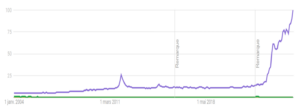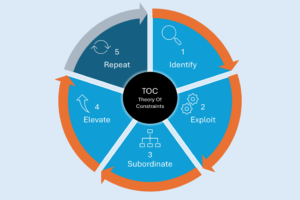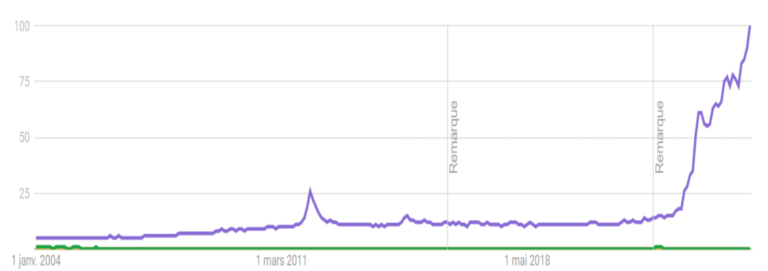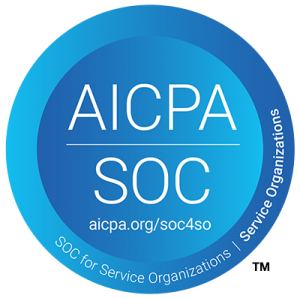When you build a career in supply chain, you have probably been brought in for a variety of reasons.
You may have a taste for action. You need to be on the move. Every day in a supply chain there is action. Adrenaline flows; decisions must be made. It’s legitimate, and if you don’t have a taste for quick decision-making, as well as resistance to stress, don’t consider a career in supply chain. But a taste for action alone will not make you a great supply chain leader.
You may have a taste for collaboration. You appreciate the cross-functional role of the supply chain — the multi-functional interactions, both internally within the company and externally with customers and suppliers. This is an essential quality. If you are not sociable, and if you do not have empathy for the other actors of a company and its value chain, do not consider a career in supply chain. But a taste for collaboration alone will not make you a great supply chain leader.
You may be an expert in supply chain IT systems. Data and its efficient processing are at the heart of the supply chain, and your ability to evolve in these information systems is undeniably an asset. But that, too, won’t make you a leader.
You may have a passion for continuous improvement. You enjoy driving teams forward and delivering results. This is a definite asset for your career in supply chain. But a taste for continuous improvement and a focus on results won’t make you a great supply chain leader.
The 3 Most Important Supply Chain Leadership Skills
If you’re interested in developing your supply chain leadership skills, I recommend reading the excellent book Flow: How the Best Supply Chains Thrive, by Rob Handfield and Tom Linton.
In a post-covid environment, where supply chain organization and decision making must be constantly adapted to a changing environment, the first quality to develop in yourself and promote in your organization is critical thinking.
Handfield and Linton define it as a combination of curiosity, creativity, skepticism, analysis, and logic:
- Curiosity and a willingness to learn
- Creativity that involves seeing information from multiple perspectives
- Skepticism with a “trust but verify” approach
- An analytical mind to examine and evaluate the facts
- Logic to deduce well-founded conclusions
I would add to that a touch of indiscipline to dare to think and take positions outside the box, and a systemic perspective.
In the VUCA context we all operate in these days, it is, above all, a question of changing behaviors, processes, and decision making, in order to constantly adapt the company. The Demand Driven Institute insists on this point: It is more about changing the “thoughtware” — the ways of thinking — than installing software.
Software is a vector that feeds teams with visibility, as intuitive as possible, as Intuiflow strives to do. But what you do with this visibility to transform it into action depends on your ability to develop the critical thinking of your supply chain teams.
On the other hand, if you are driven by conformity to defined processes, to the way things have been done for years — for example, if you want to maintain strict adherence to an MRP2 process — um, consider other career paths. If you are told, as I once was myself, “we’re going to do it this way because that’s how SAP works”? Run away!
A few years ago, I led the supply chain team at a high-tech company’s factory. We had organized a company-wide seminar in which speakers drew up a behavioral profile of our teams through several quizzes. The members of the Quality team were predominantly “procedural compliance” and “discipline” oriented. The members of my team were distinguished by “creativity” and were close to indiscipline… The casting was good!












